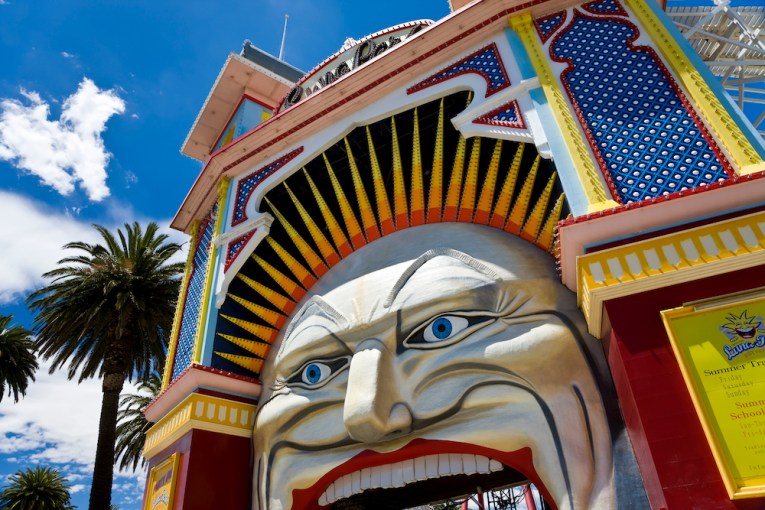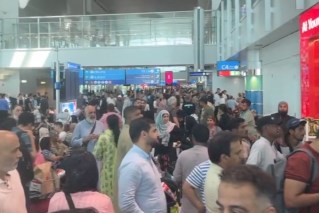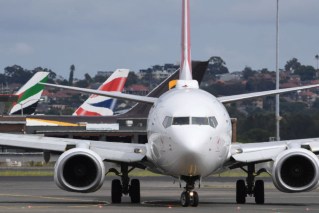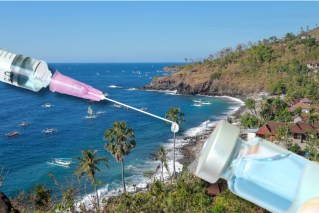Half-price airfares see ticket sales take a sky-high leap
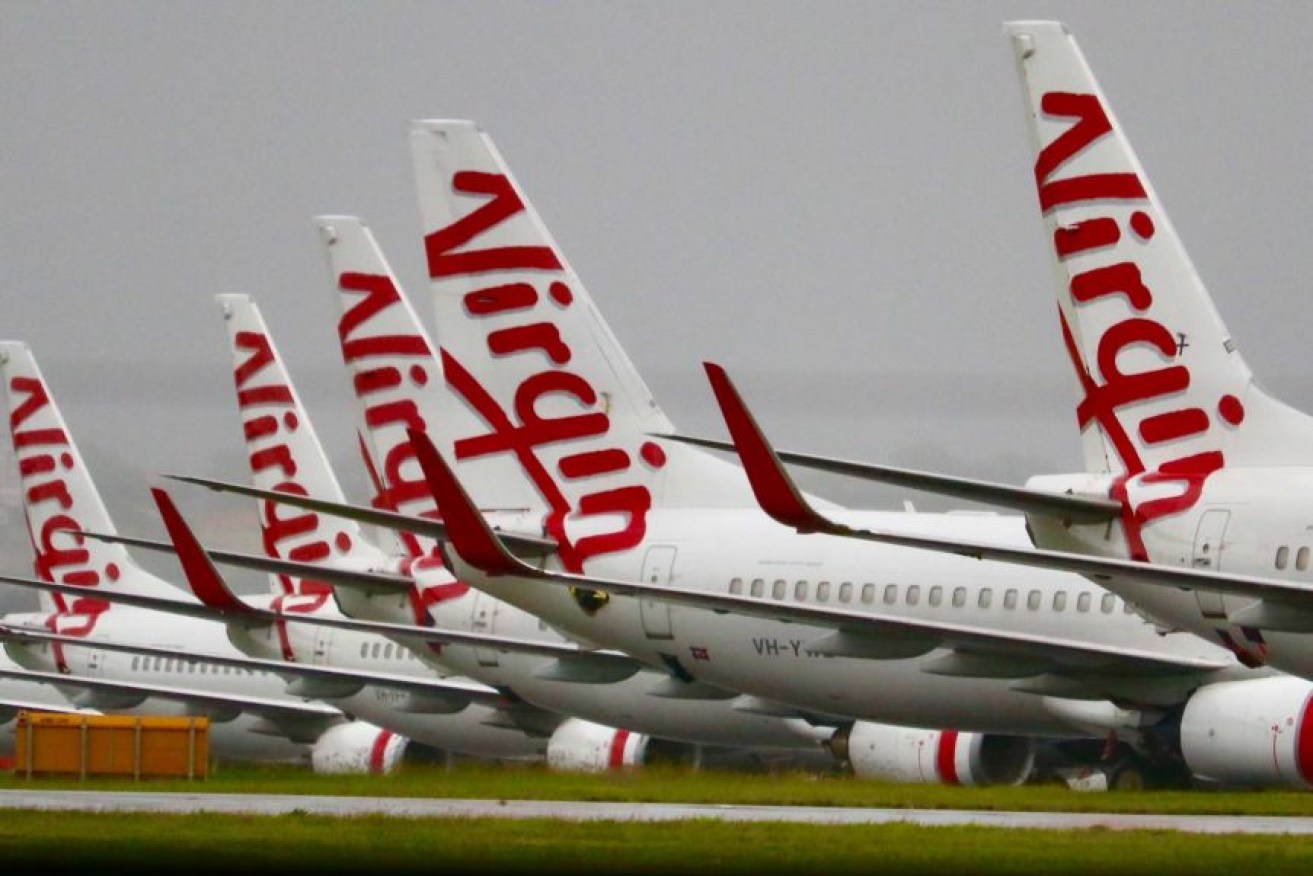
Investors who lost money in Virgin Australia's COVID-related administration have filed court action. Photo: AAP
Enthusiasm around half-price flights spilled into unsubsidised routes and gave Virgin Australia its busiest day of domestic sales in 20 years, the airline says.
Virgin sold more than 71,000 tickets sold in 24 hours after the federal government’s $1.2 billion stimulus package lifted off on Thursday morning.
Melbourne to Gold Coast and Gold Coast to Sydney proved the most popular two routes.
Routes not included in the scheme – including Melbourne to Perth, Perth to Sydney and Melbourne to Sydney – also recorded a significant boost in sales.
“The overwhelming response from Australians demonstrates loud and clear that they are ready to get back in the air and travel and are a positive sign for the aviation and tourism sectors as they look to recover from the impacts of COVID-19,” the airline said in a statement.
‘Flexible’ for preference
Web searches for “Qantas”, “Jetstar” and “Virgin” also sharply increased about midnight Thursday, going about six times above the hourly average for the week earlier.
Searches for the three major airlines spiked again about 6am on Thursday.
Skyscanner said direct interest in bookings on Thursday were 25 per cent higher than the previous Thursday.
“With the ever-changing travel restrictions, we’re seeing more travellers waiting until the last minute to book travel,” a spokesperson said.
“The best way to book with peace of mind is purchasing a flexible ticket”
The government’s stimulus package, announced three weeks ago and set to run until July, was warmly welcomed by airlines but broadly panned by other tourism stakeholders.
Dubious benefit
The subsidised airfares are only available on about 15 select routes, leaving many hard-hit regions reeling.
Commenting ahead of Thursday’s launch, RMIT senior lecturer in cultural and development economics Meg Elkins suggested the government will get little return on investment as only those already predisposed to travel will book fares.
“Those planning on travelling during this time anyway will revert to their original travel preferences, while those more adventurous will take advantage of the discounts or risk FOMO (fear of missing out),” Dr Elkins said.
“Those who are safety-seeking and risk-averse in the first place will stay closer to home (safety) and start finding other ways to fulfil travel needs.”
–AAP
